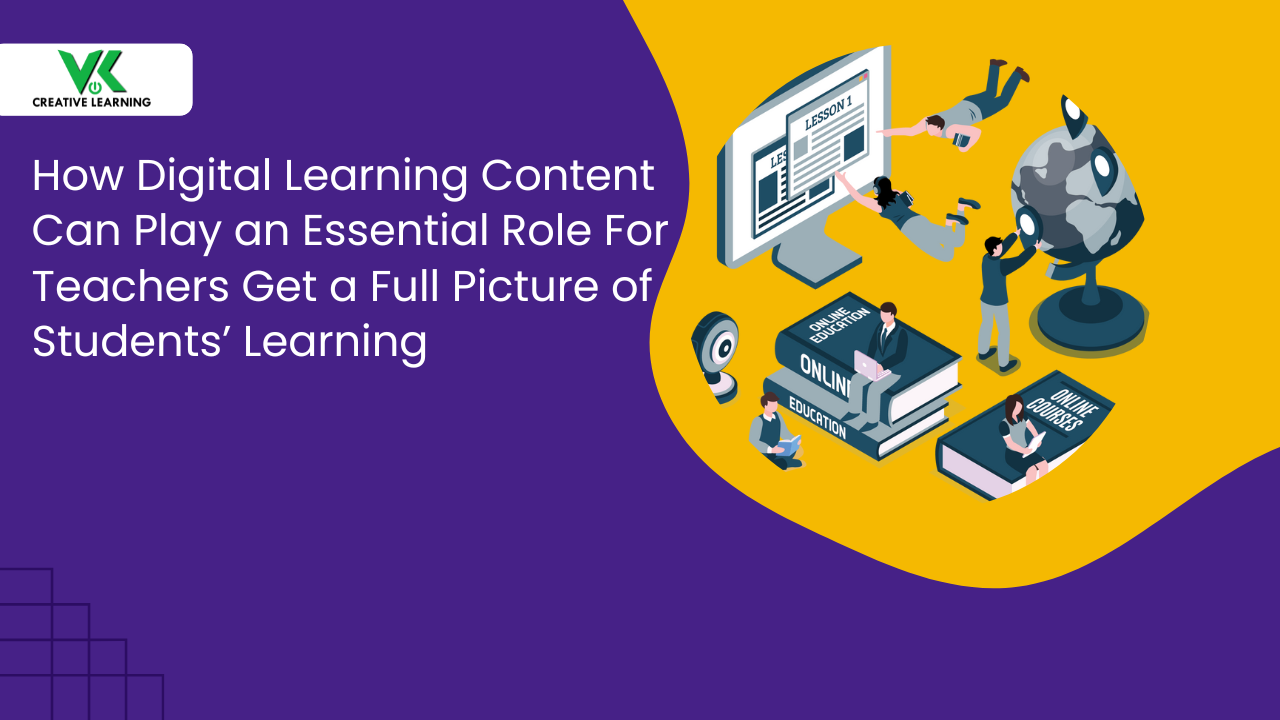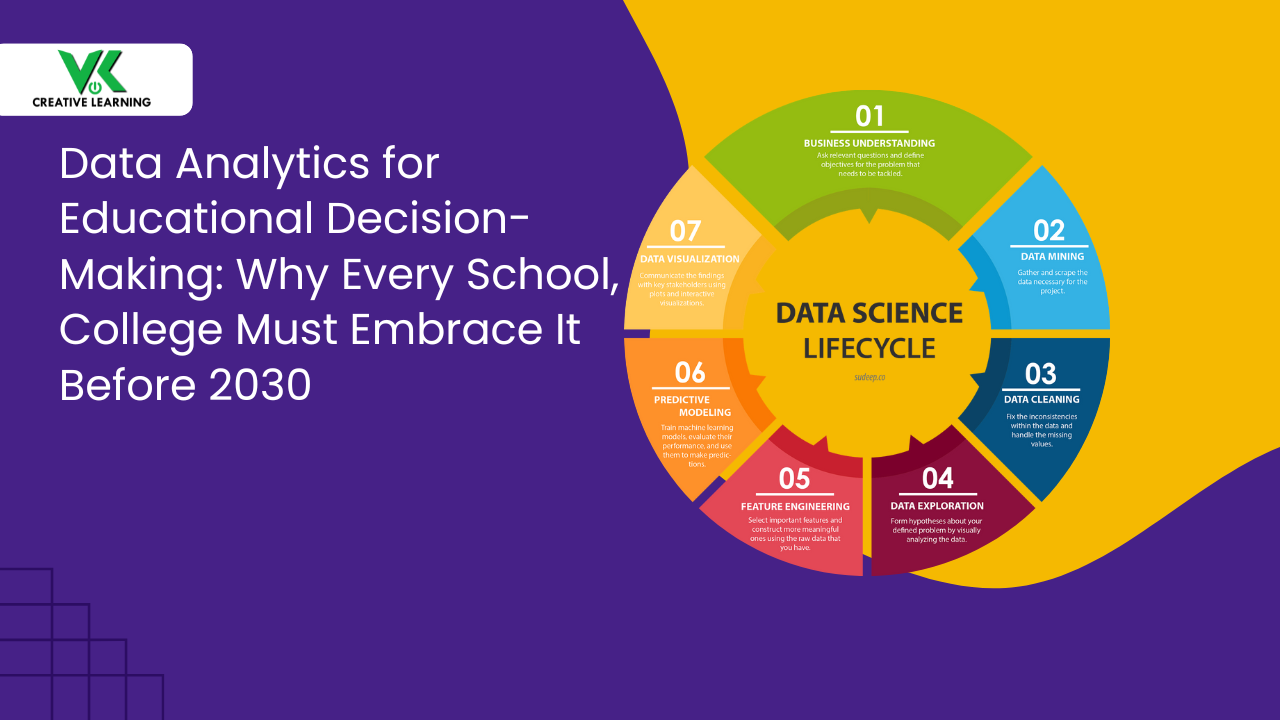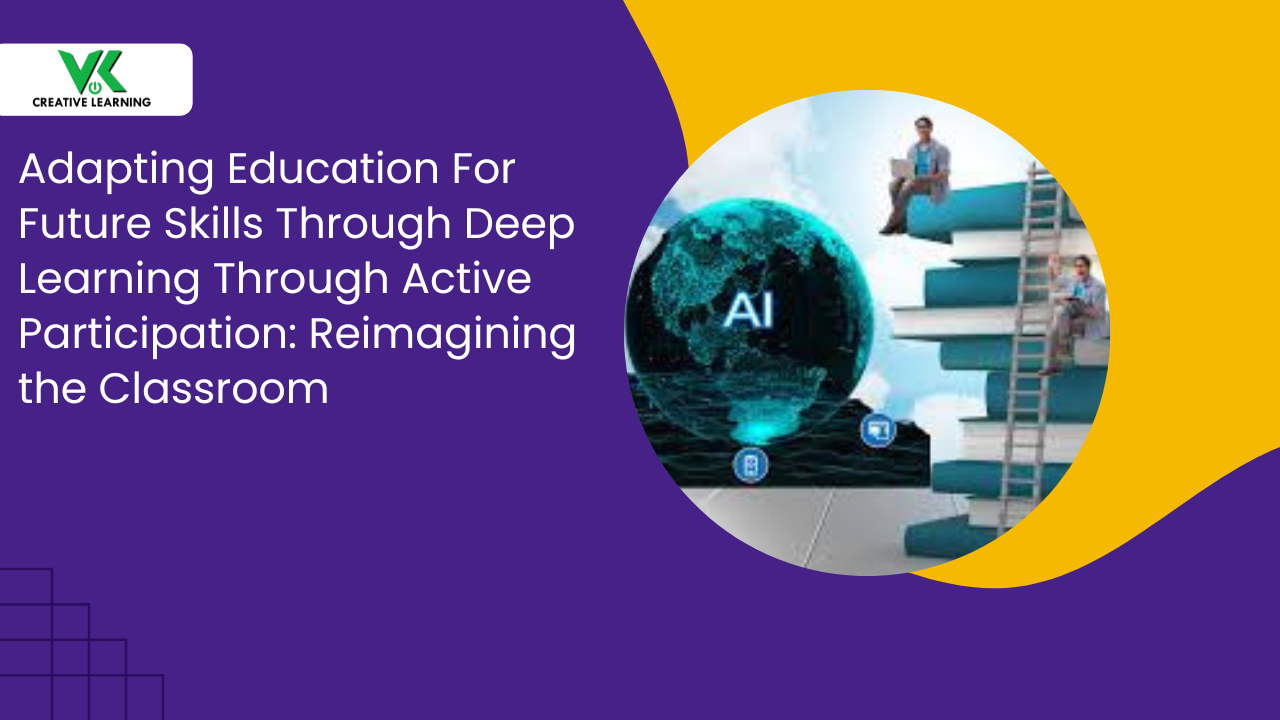Practical Guidelines to Build Expertise in Different Verticals
May 04, 2022
A specialized industry or sector, often referred to as a vertical, is a specialty market with a focus on niche products or services. Numerous firms concentrate in a single vertical because, although this results in a smaller consumer base, each prospective customer is more inclined to buy their highly specialized product or service.
Examples of vertical markets
Banking, insurance, real estate, automobiles, heavy manufacturing, telecommunications, education, energy, oil and gas, food and beverage, retail, transportation, and hospitals are just a few examples of vertical markets.'
Is developing expertise in a sector an easy task?
One can assume that developing expertise in a sector is an easy task, however, it is not so. It requires an extensive understanding of your specific business, which takes years to acquire. Additionally, vertical markets are very susceptible to emerging trends, which implies that a business boasting expertise in a vertical must continually monitor emerging trends and educate its workforce on how each significant event impacts the vertical and its consumers.
Role of corporate eLearning solution for continued training purposes
Continued training is only achievable with the assistance of a digital learning medium such as corporate eLearning solutions. Due to the reduction in time spent learning, corporate eLearning solutions may offer an organization's professionals in-depth knowledge about a vertical in months rather than years. Additionally, it may keep professionals informed of current industry developments. That is why digital learning is the optimal way for developing vertical knowledge. We'll explore more about the eLearning platform in this post.
Different methodologies to build expertise In Verticals
The next sections discuss several methods for developing expertise in verticals.
Adhere to the "less is more" philosophy when it comes to online learning
If your group is through significant upheaval and stress, a regular dose of video-based resilience training may be the correct solution. It demonstrates your concern and may be accomplished in less than ten minutes every day.
At VK Creative Learning (VKCL), we develop eLearning solutions that use microlearning approaches to help professionals improve their skills. The 'Microlearning eLearning solution' engages and encourages learners to get a more complete grasp of a subject.
Microlearning is all about breaking down a complicated subject into manageable chunks of knowledge in order to facilitate understanding. Having said that, microlearning is more than a sliced version of a larger eLearning course, as it incorporates a variety of features such as videos, games, infographics, and visually appealing informational 3d models.
This kind of training was established in response to the need for professionals to get fast, on-demand training.
Developing vertical-specific technology expertise
In today's world, technology has permeated practically every sector and vertical, to the point that an organization cannot aspire to develop expertise in a specialty without being familiar with the newest technology, software, infrastructure, and cloud offerings.
'Digital eLearning courses' may be utilized to deliver simulations to professionals that assist them in acquiring technical knowledge and certifications necessary to effectively use popular technologies in a vertical in order to better serve their clients and consumers. For instance, a company that provides medical equipment to hospitals must be knowledgeable about the newest advancements in the healthcare business.
Distributed Talent Can Be Trained Through Digital Learning Programs
While the COVID-19 epidemic curtailed most travel, companies have discovered that virtual meeting and training tools enable them to not just operate but grow. Self-paced eLearning course, which is available from any location and on any device, also contributes to increased employee performance. By using digital eLearning programs, businesses may rapidly develop and deliver scalable training solutions.
While face-to-face training will continue to play a role in post-pandemic training techniques, time, money, and facilities often limit the scalability of such training. 'Digital learning programs' provide access to educational information to a diverse range of audience sizes and locations. Additionally, they reduce the time necessary to implement solutions, enabling firms to adapt more effectively to performance, economic, and social conditions.
Additionally, 'digital eLearning programs' simplify the process of measuring and optimizing the commercial effect of training programs. Platforms, such as VKCL's learning management system (LMS), help to manage learning content, and monitor application and business impact metrics.
Disseminating tribal knowledge through an online learning platform
Simply understanding how to supply products or services in a certain sector is insufficient to establish competence. Employees who claim expertise in a vertical must be familiar with the ins and outs of that vertical.
This involves understanding the factors affecting the vertical's development as well as the vertical-specific vocabulary used to communicate with clients and consumers.
'Digital eLearning courses' help to excel in imparting descriptive and procedural knowledge to the workforce. Interpretation of information and its application in a variety of styles and forms, aids to share tribal knowledge among employees.
Utilize Digital Learning to Close the Skills Gap
Developing a learning culture is the first priority for any organization, attempting to close the skills gap. The development of this culture is dependent on a 'digital eLearning platform' that is available online from any device at any time.
Organizations may utilize digital learning to narrow the skills gap by implementing the following strategies:
- Aligning 'eLearning programs' with corporate objectives allows more effective evaluation of training programs.
- Concentrating on two areas: fixing underperforming metrics and capitalizing on underperforming metrics.
- Creating an atmosphere conducive to lifelong learning.
Utilize hands-on projects to engage learners to improve their skills
By giving industry examples and actual, hands-on projects, 'eLearning solutions' with simulations based on real-world situations may assist students in connecting skill-based learning objectives to career ambitions.
By involving students in the design and assessment of forms of learning, applied projects promote greater skill development. Indeed, including programming tasks in 'technical eLearning courses' significantly improves the typical student's skill growth.
For instance, in a data science course, rather than creating a fictitious dataset, learners should utilize genuine data from an open-source organization or utilize real data from an organization. In a business course, you may create a project based on a real-world case study or have learners apply basic skills to their own work situations.
Enable learners to use their newly-acquired abilities via reflection and peer evaluations. Not every student seems confident asking a question in front of several other students in a lecture hall. However, in an online environment, students might post a question in a forum, answer a discussion prompt, or benefit from the work of a peer.



